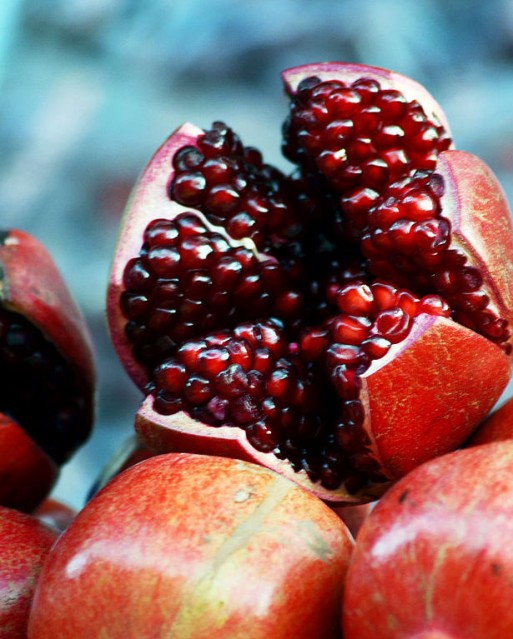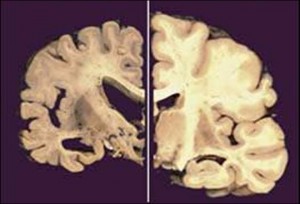According to the American Alzheimer’s Association, over 15.5 million people provided 17.7 billion hours of unpaid care to those suffering from the disease in 2013 alone. That adds up to over $200 billion of care – and doesn’t even tally up the emotional and physical toll that such care has on friends and family. The disease, which is infamous for causing memory loss, depression and many other health problems, has been dubbed “the most expensive condition in the nation.”
“The disease, which is infamous for causing memory loss, depression and many other health problems, has been dubbed “the most expensive condition in the nation.””
What if such an expensive, exhausting disease could be prevented with something found in your kitchen? According to researchers at the University of Huddersfield, there’s a “chemical compound in pomegranate fruits called punicalagin, [which they] believe could help slow the progression of diseases like Alzheimer’s and Parkinson’s by treating inflammation in the brain.” After two years of studying the way the compound reacted with lab rats, it became clear that while the punicalagin does not stop degenerative brain diseases, it can certainly help calm brain inflammation.
“…there’s a “chemical compound in pomegranate fruits called punicalagin, [which they] believe could help slow the progression of diseases like Alzheimer’s…”
Pomegranates have loads of health benefits; they’re an excellent antioxidant and work wonders in reducing platelet aggregation (note: most of the punicalagin is found in the fruit’s skin). The question for scientists now is whether or not it would be possible to diagnose and treat Alzheimer’s in its earliest stages in tandem with using punicalagin. Either way, it’s one more reason to throw the tasty fruit in your cart.
You may like:
- What is the Worst Kind of Cancer? The Surgeon General Talks Terminal Illness
- Don’t Sweat It: Why Does Stress Cause Heart Attacks?
- Predicting Parkinson’s? A new MRI scan can detect the disease’s onset

 Pomegranates Helping Alzheimer’s
Pomegranates Helping Alzheimer’s





 “As Tears Go By” by Marianne Faithfull
“As Tears Go By” by Marianne Faithfull

 Funeral Favors Offer Visitors a Tangible Memento
Funeral Favors Offer Visitors a Tangible Memento















